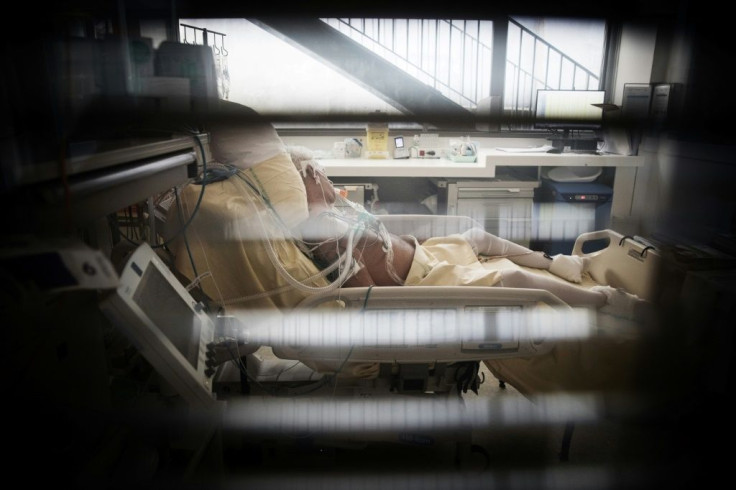Man's Entire Family Dies Of COVID-19 In 1 Week After Refusing Vaccine
KEY POINTS
- A man lost his father, mother and brother to COVID-19 within one week
- Misinformation about vaccines pointed as the main source of vaccine hesitation
- Goncalves hopes his story will encourage people to get vaccinated
A U.K. man has lost his entire family to COVID-19 in a span of a week after they avoided getting vaccinated. Now, he hopes his story can help fight against vaccine misinformation.
Francis Goncalves, a 43-year-old chef from Cardiff, Wales, lost his father, 73; mother, 65; and brother, 40, to the novel coronavirus just two weeks after experiencing symptoms. His family refused to be inoculated due to frightening misinformation about the COVID-19 vaccine, he told Wales Online.
Goncalves said his father went to a hospital on July 6 for kidney stones. He believes it's where his Portugal-based family contracted the virus.
On July 8, his parents had dinner at his brother's apartment. All three fell ill just days after and later tested positive for COVID-19. His parents were admitted to the hospital on July 12, while his brother followed on July 17.
His brother died of COVID-19 just hours after being rushed to the hospital despite being the "healthiest person."
"If he wasn't working out in the gym or running, he was going on walks. He hadn't drunk in 15 years and ate a whole foods, plant-based diet," Goncalves told the publication.
Both his parents were placed in an induced coma and died on July 20 and July 24, respectively. On August 1, all three were buried next to each other in a Lisbon cemetery dedicated to COVID-related deaths.
Speaking up about his family's COVID-19 vaccine hesitancy, he said they got caught up in the anti-vaccination propaganda going around. Describing his family as “tightly-knit,” he hopes to inspire others to get their COVID-19 vaccinations to avoid stories like his from repeating.
COVID-19 vaccine hesitancy is a prevailing problem globally. A June poll by Gallup showed that 24% of American adults do not plan to be vaccinated against COVID-19. Of this group, 78% say they are unlikely to change their minds. The top reasons for their hesitancy include worries about the safety of the vaccine (23%) and disbelief they will fall ill from the virus (20%). These are despite experts and countless studies confirming the safety and efficacy of the vaccines.
"It preys on people who are afraid and they fall into the trap. The message I want to get out is why would the government want to hurt you by giving you a vaccine? What is the purpose behind it?" Goncalves added.

© Copyright IBTimes 2024. All rights reserved.




















